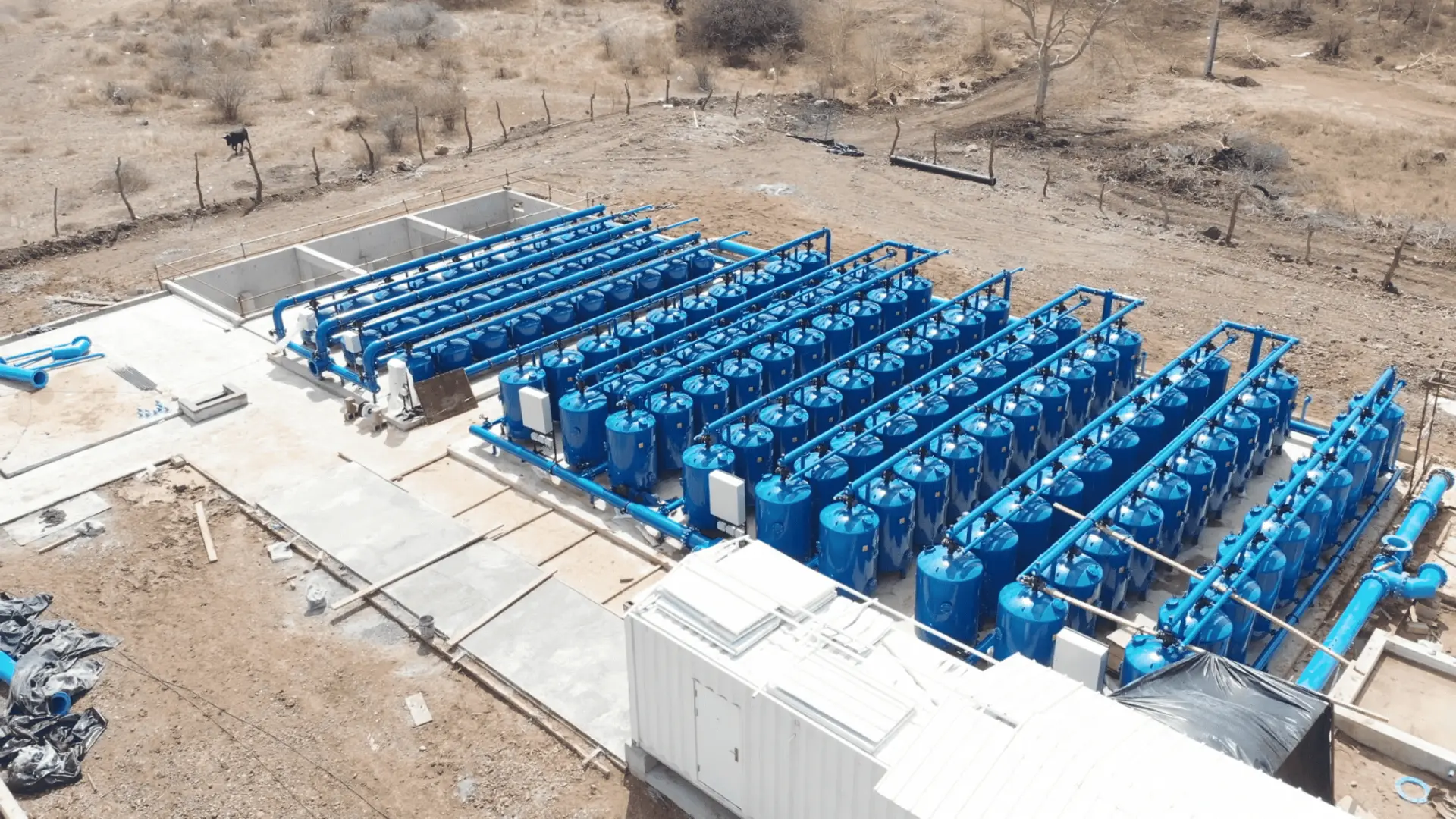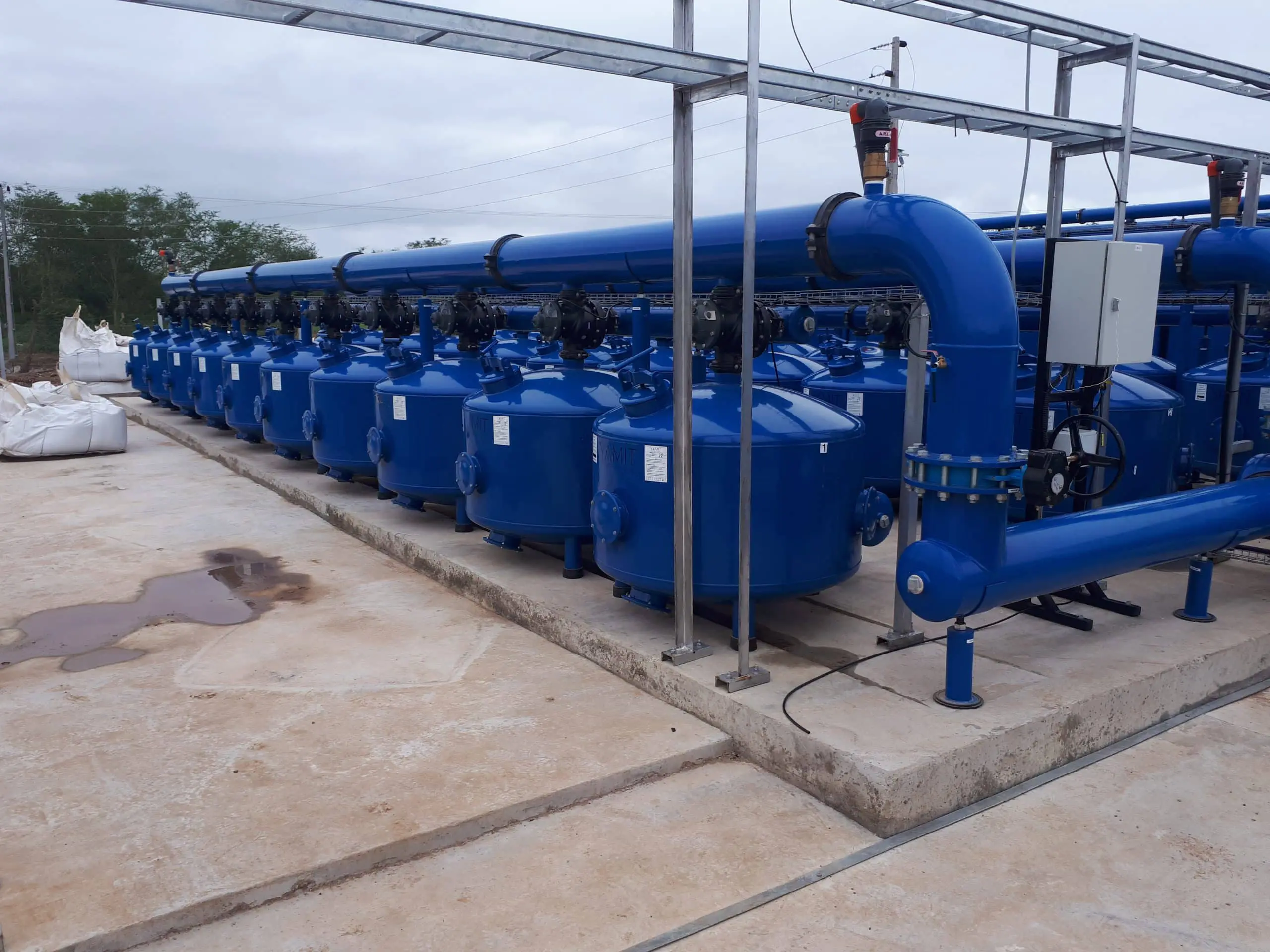Clear water value
for 1 million people in Africa
MEB Energy, South Africa
2020
Greater Maputo, Mozambique
30,000 m³/day
Design and Supply a Water Treatment Plant for Drinking Water
In process
The southern region of Mozambique is currently on the brink of a water crisis. The country has experienced high temperatures and decreased levels of rainfall. The rapid population growth in the capital, Maputo, and failure to expand the water infrastructure to meet the increased demand that accompanied that growth, has also played a role in the crisis.
TOXSORB by WFI Group was chosen to design the process, aiming to mitigate water scarcity in Greater Maputo. The plant is designated to deliver high-quality drinking water to a population of 1 million people in Africa.
Greater Maputo in Mozambique was in urgent need of drinking water for the population due to severe water scarcity. In the past, Greater Maputo drew the bulk of their water from the Pequenos Libombos dam on the Umbeluzi river. But since 2015, drought in the Maputo province forced the level of water in the Pequenos Libombos reservoir down to dangerously low levels, leading to restrictions in water supply in Greater Maputo.
We work with multi-source equipment suppliers from Germany, Holland, Italy, Israel and China. The plant treats river water to potable quality, leveraging our full suite of integration tools, including design strategy, to deliver the project safely and to the highest standards. Water sanitation is maintained through cost-effective chlorine generation on-site for high quality sanitated water, reducing OPEX. Ideal for remote locations or river applications, the plant is fully automated and can be remotely monitored with minimal maintenance.
The project enables water, time, cost and footprint savings, while mitigating the water shortage in Africa.
We met the challenge of supplying a pumping station intake and a water treatment system in an extremely short delivery time. The self-contained flexible system can be mobilized at a competitive cost compared with long-term standard equipment packages. Although it is temporary, it is robust enough in comparison with permanent systems only more efficient, more productive and leaner – with a smaller footprint and lower civil engineering cost.
In tandem, the project aims to alleviate the regional water shortage problem by supplying clean water to 1 million people, saving time and cost.






